Love Basketball
Walk into the park opposite north London’s Turnpike Lane station of a Saturday morning, and you’ll see a strange dance taking place around the basketball courts. Men watching absentmindedly, hands thrust deep in their pockets, sidle up slowly the the chicken wire. Getting too close, they take a self-conscious glance around, glide gently back a step and pause for a moment before coming in nearer. Kids dance around their feet laughing, pressing their faces to the diamond-squares, encouraging the lone-movers to forget themselves. Young and old alike, they’re all drawn to the courts.
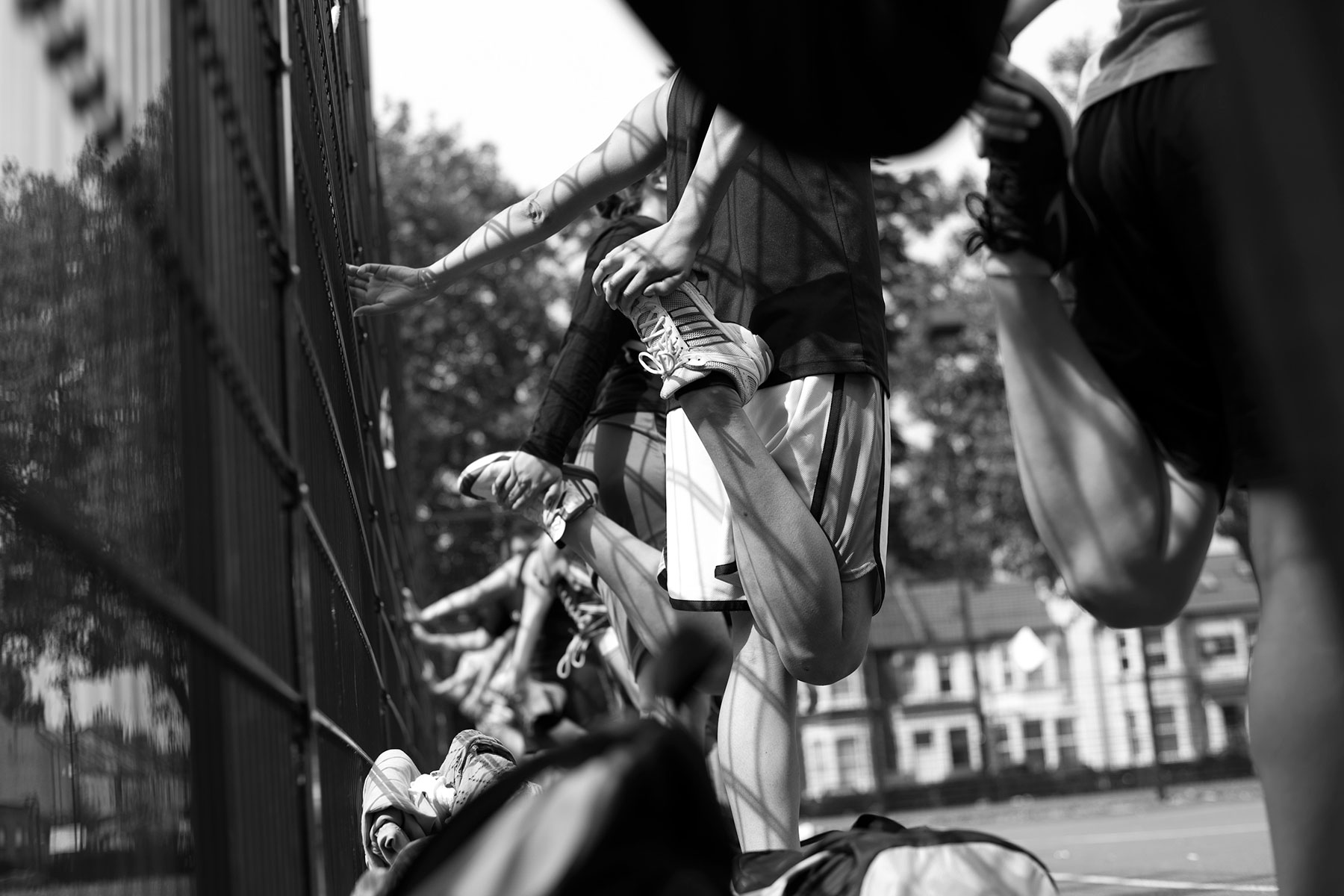
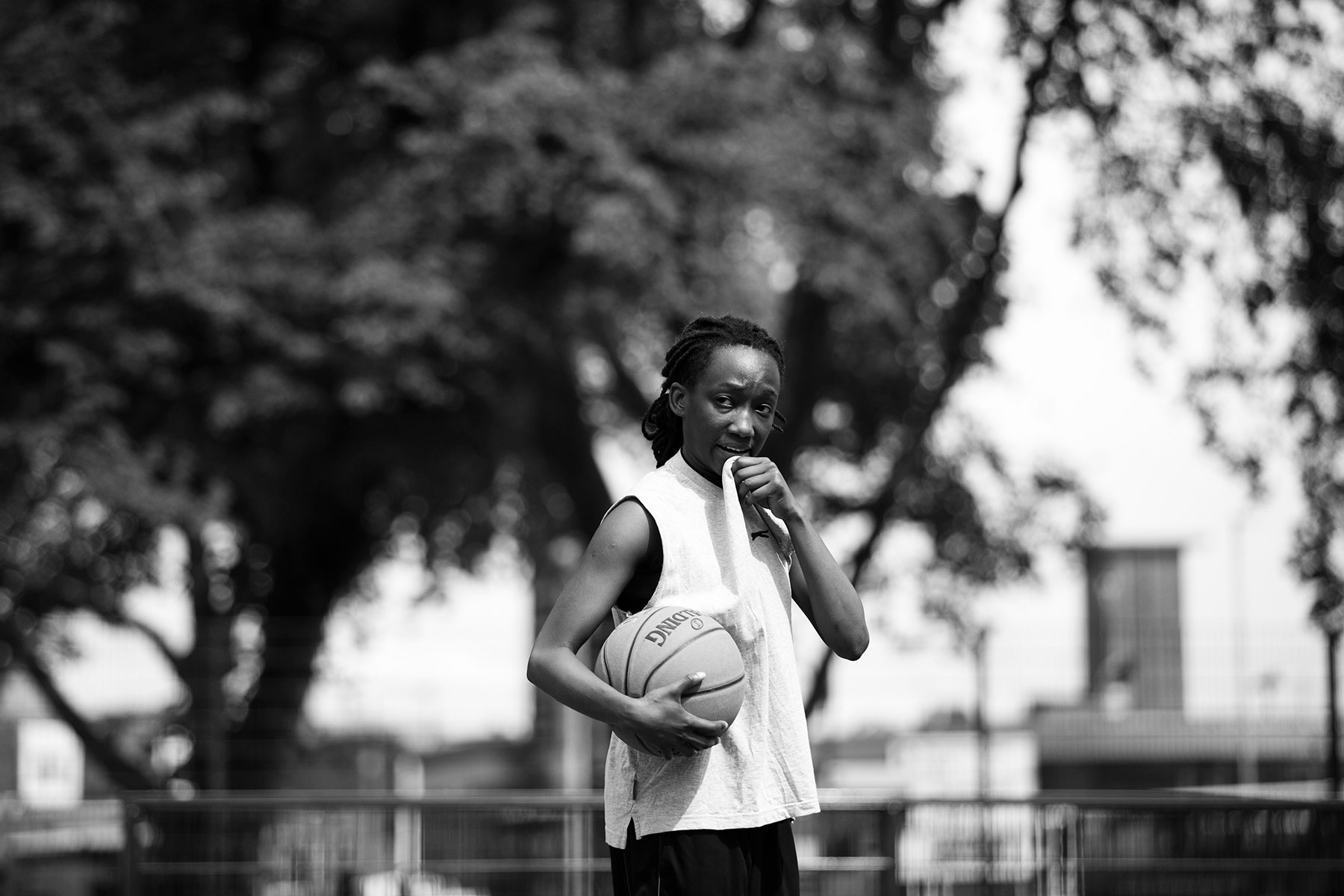
You can hardly blame them for wanting to watch: on the other side of mesh curtain a frenzy of activity has 20 players darting, drilling around the circle, flashing neon green bibs, lithe limbs and well-worn sneakers. The reason for their audience’s reluctance? These athletes are women, and as their spectators are well aware, their game is radically more exciting than that of the men one court over.
There’s a perfectly reasonable explanation as to why, of course, the club’s founder and managing director José Martin tells me. “The girls are less selfish,” he explains, squatting on the sidelines while the girls practise behind him. “The physicality of the male players allows them to dunk and dive, so it’s not so easy to stop a guy. They pass harder, so there aren’t as many passes to intercept.” Without the sheer force – and dare I say it, ego – of many of their male peers, the women’s game is a decidedly tighter affair – the passes are close, the communication is understood but unspoken. When a girl trips, a hand swoops down to pull her back to her feet before you’ve even seen her go down. There’s an innately female quality to it, and it’d be empowering to watch, if it wasn’t all happening so damn fast to begin with.


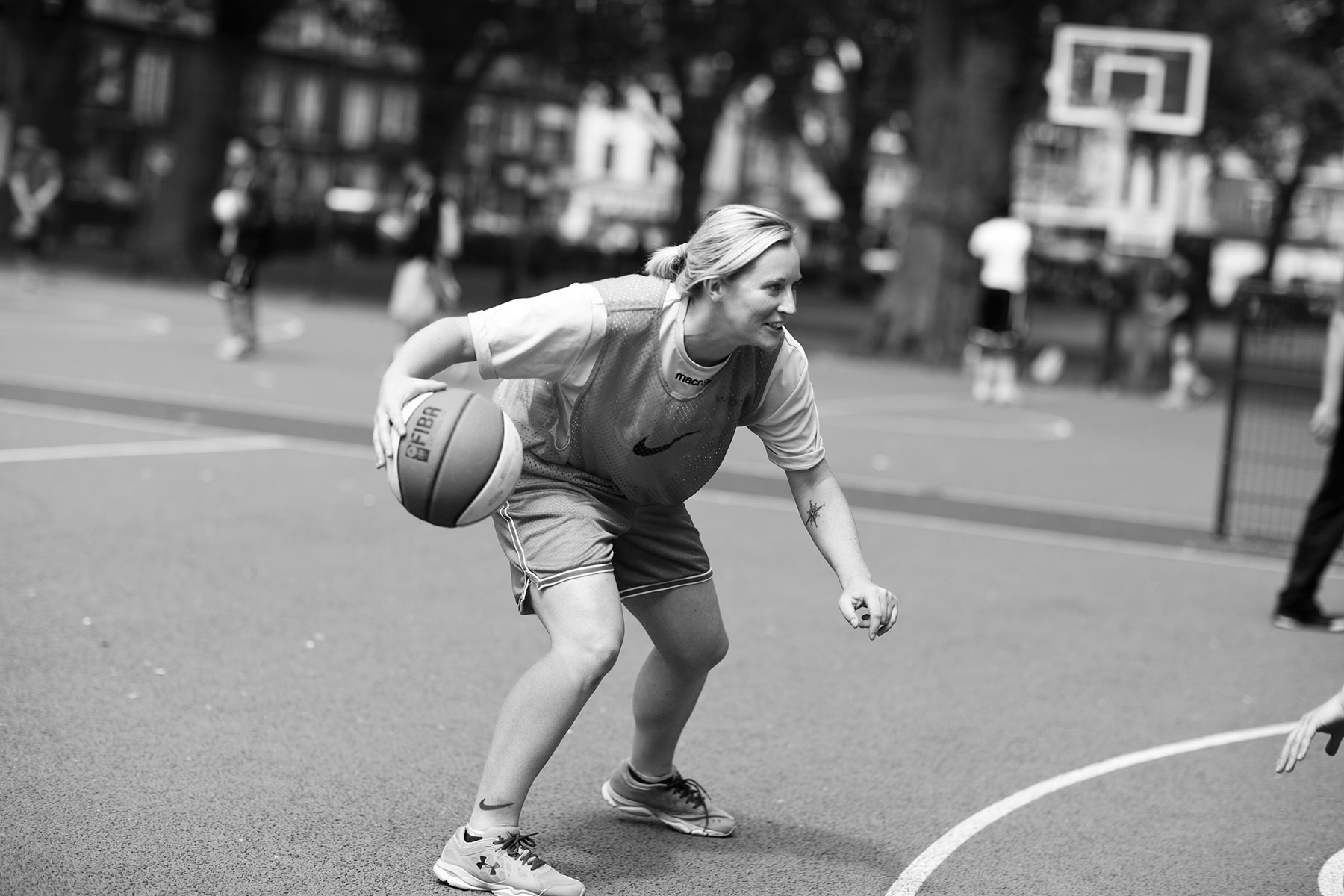
There’s another element at play on this court; most of the Love Basketball team originates from elsewhere. Across the 100 players in the club, José tells me, there are more than 25 different nationalities and ethnicities, so the team really is a kind of adopted family. As such, the LBA is a powerful testament to the migration of basketball culture from overseas into London’s own, comparatively deprived arena. “The main reason I started coaching women’s basketball is because I had a daughter, Luna, and I wanted her to play,” José, who himself originates from Spain, says. “In Spain it’s easy to find places to play, but in the UK it’s a real challenge.” His first team, the Putney Penguins, came about the same time as his second daughter, Matilda, so he decided to keep growing the organisation. Now one fifth of the way in – “I’m working to a ten year plan. This is year two” – it’s growing quickly, which is largely to do with the club’s ethos. “The best thing about LBA is that everyone supports each other,” he continues. “No matter what your basketball background or level, you are always welcome to join.”
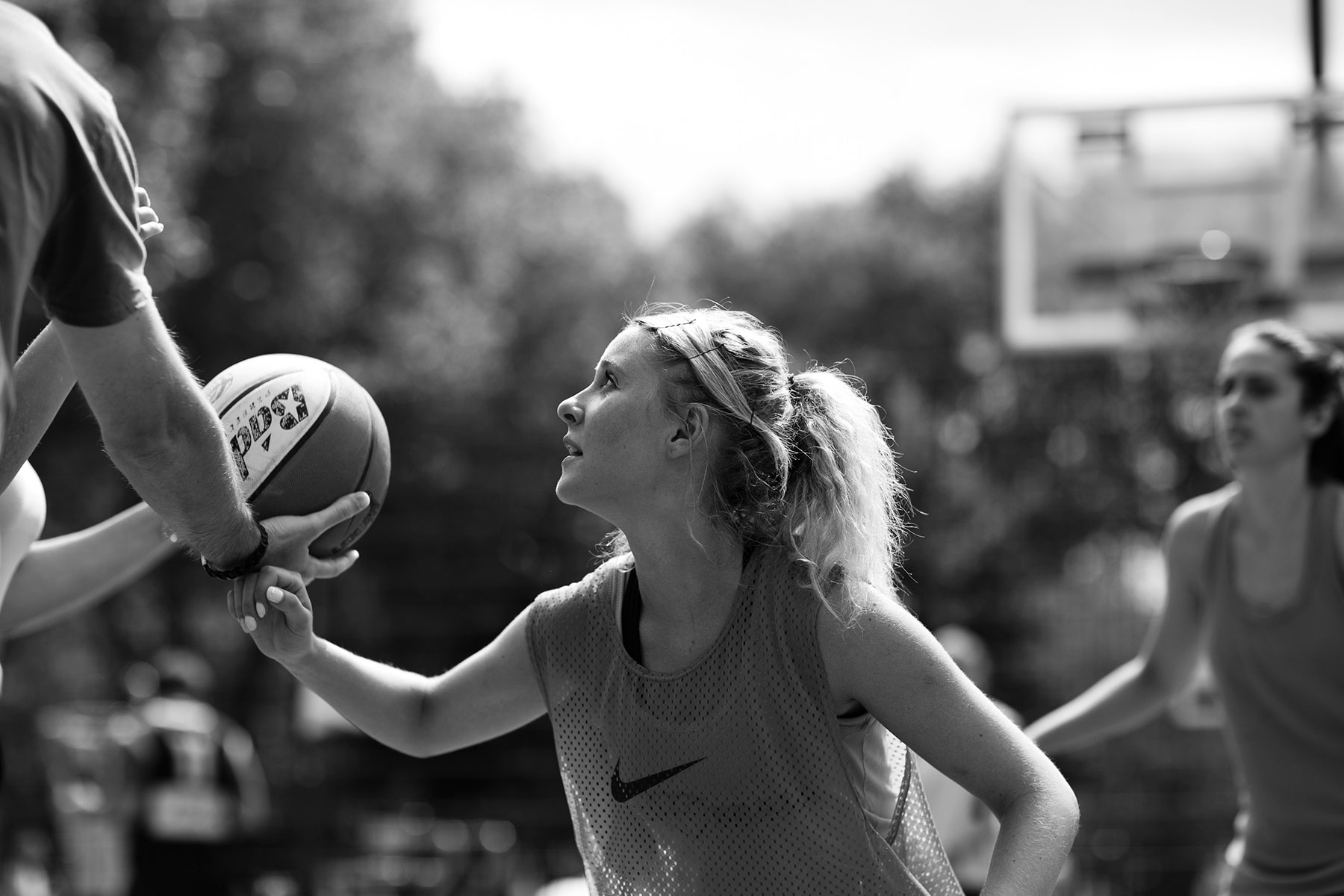
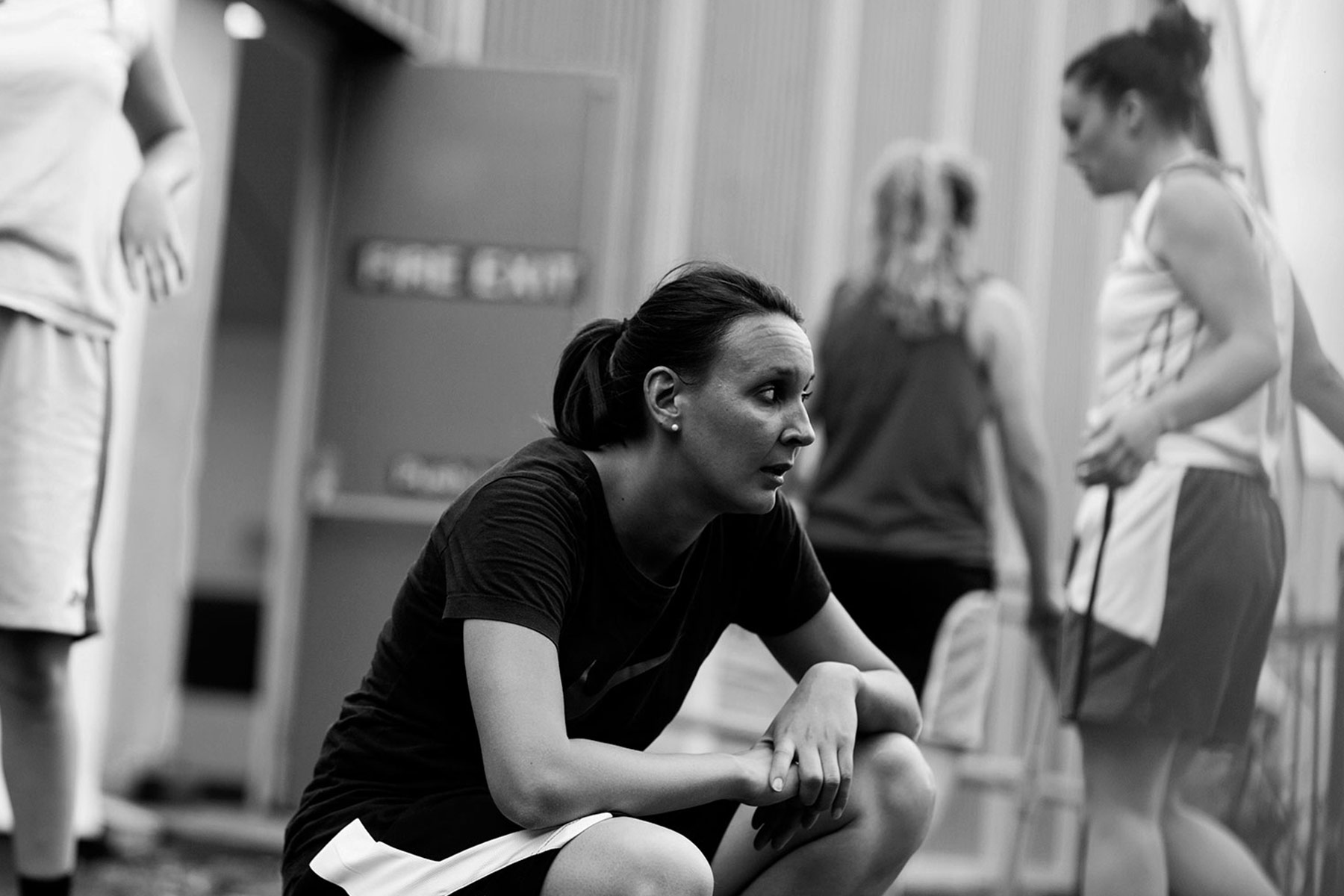
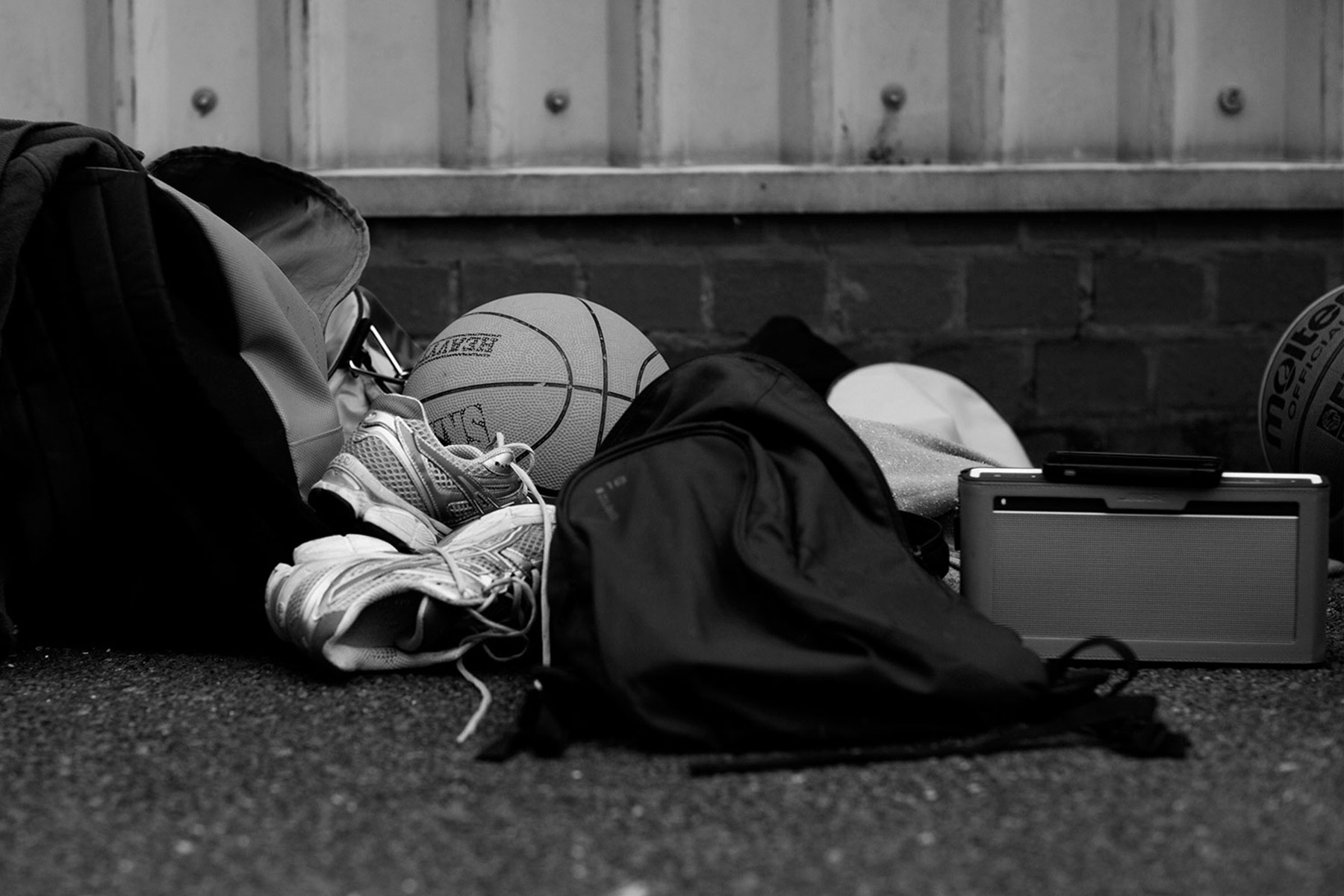
Add to that a vigorous practice schedule – they practise three times a week, and are pushing for four – and trips around the world to take part in tournaments elsewhere, and suddenly the team seems less of a leisure activity and more of a sisterhood. It builds relationships and confidence as it does skill and stamina, and the results are compelling to watch.
Behind José the day’s practice is rounding off with a seven-a-side game, and the midsummer heat, coupled with the energy that has been building over the past two hours, is about to come to a head. The men on the neighbouring court let their basketball roll momentarily across the court as they pause to watch a neat bit of footwork from the LBA players. The faces through the chicken wire watch eagerly. Can you blame them?
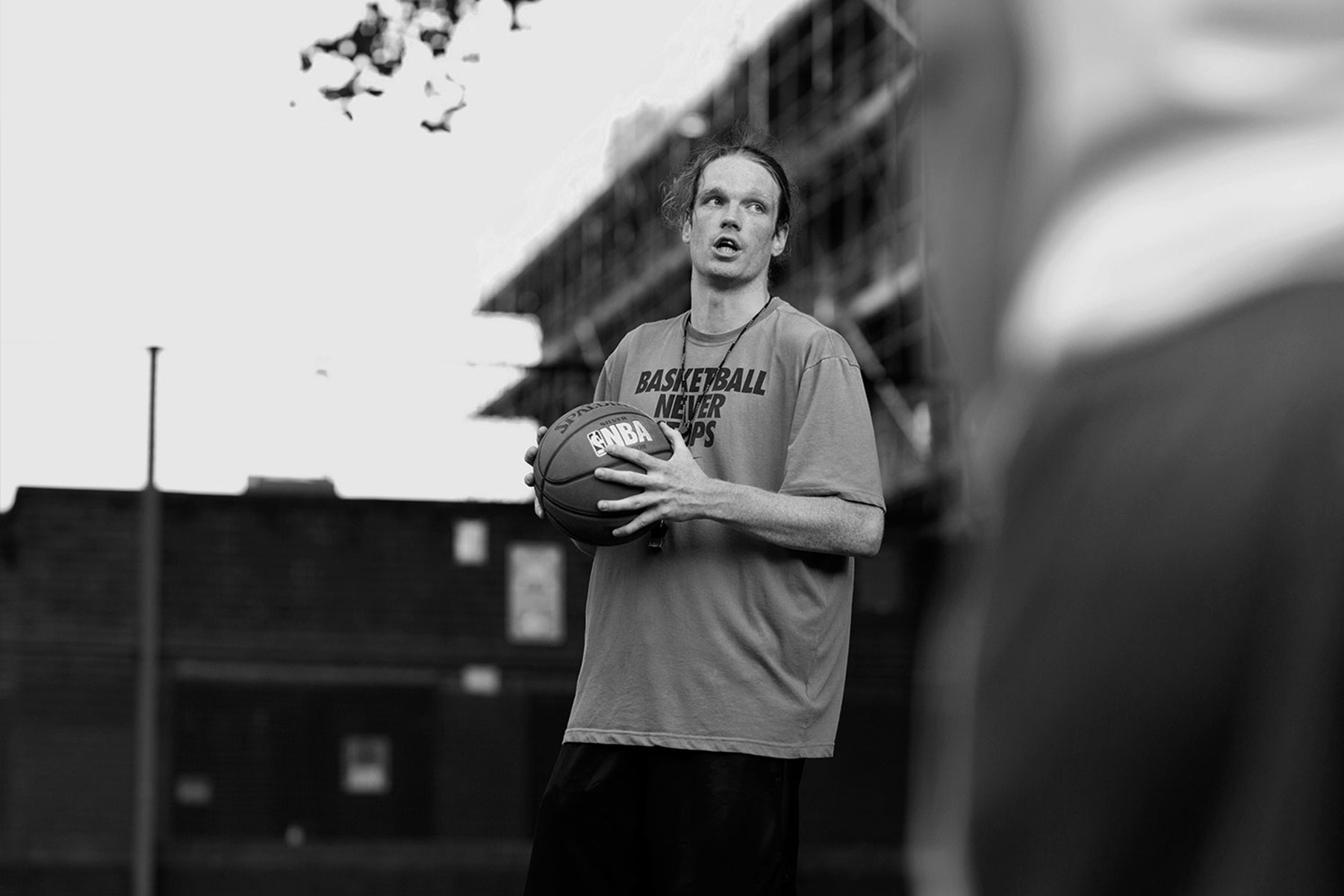
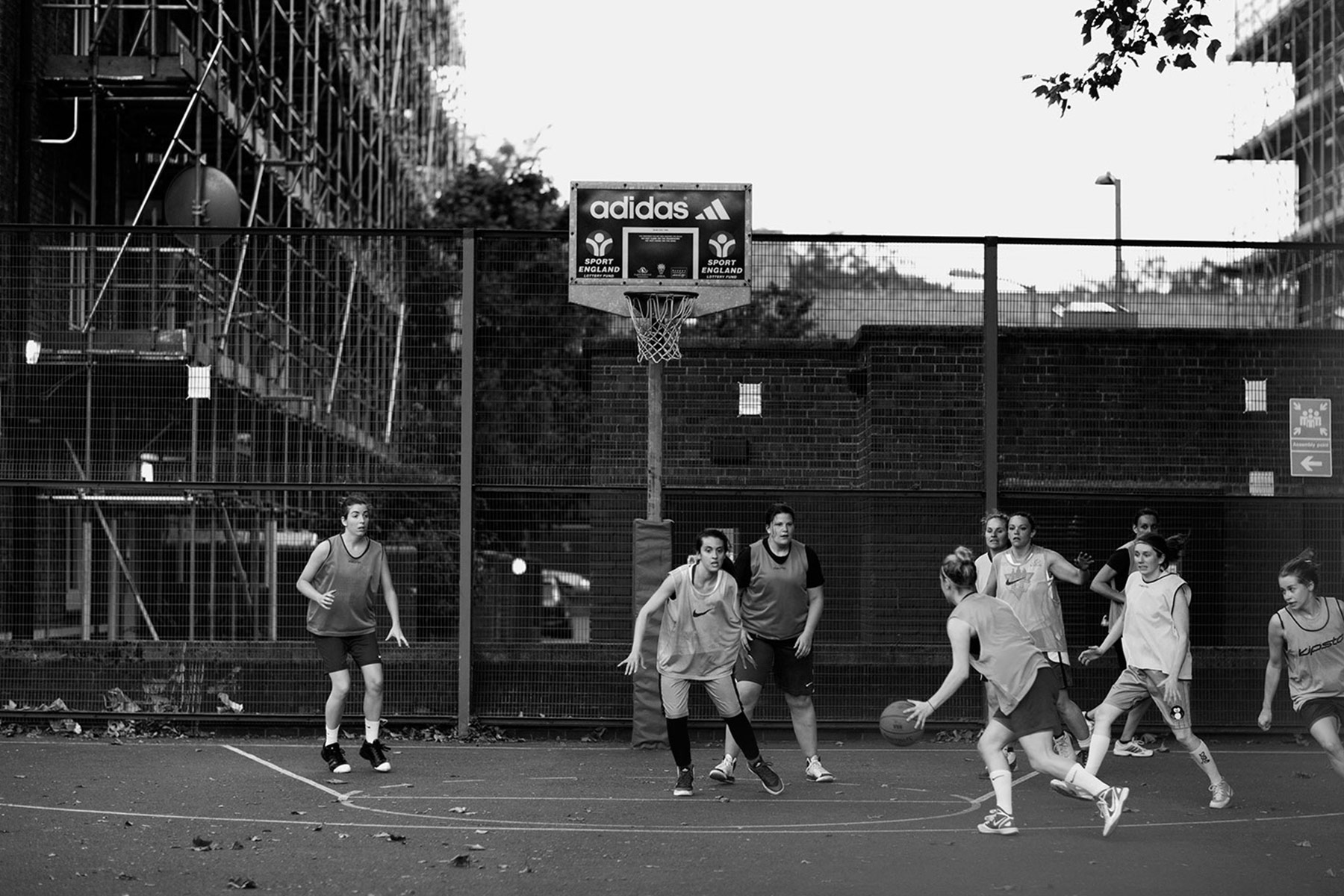
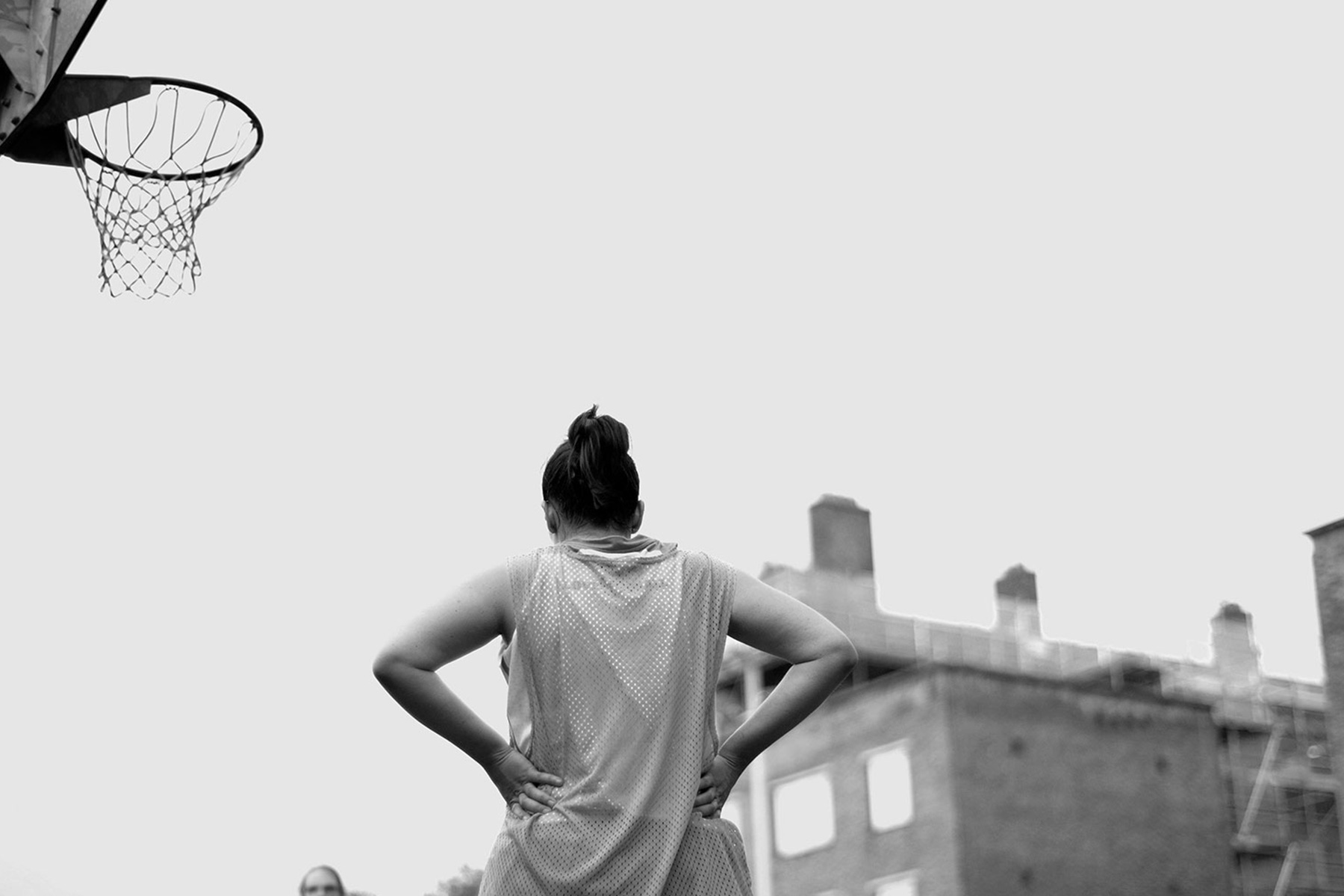
Words: Maisie Skidmore
Photography: Jake Green